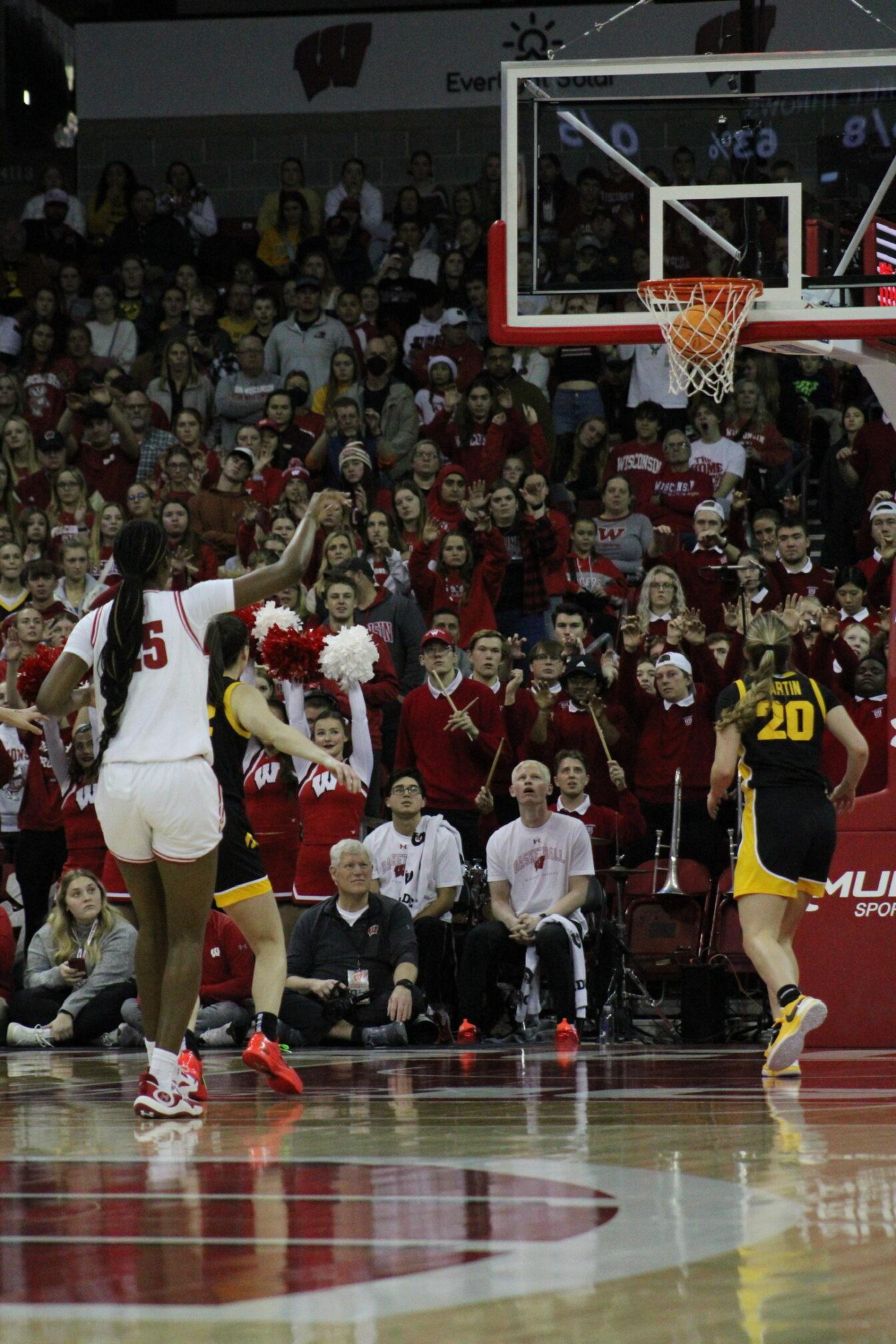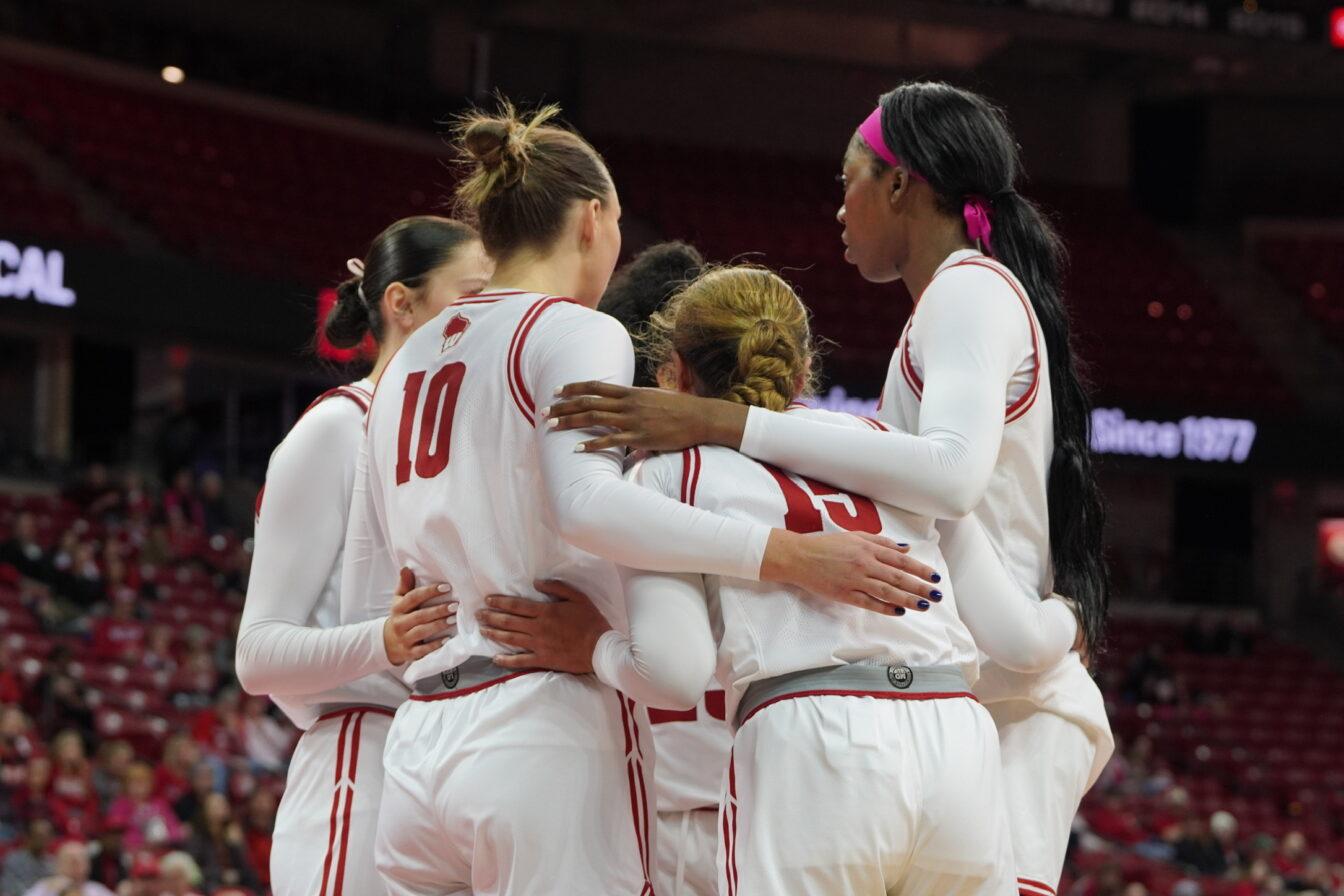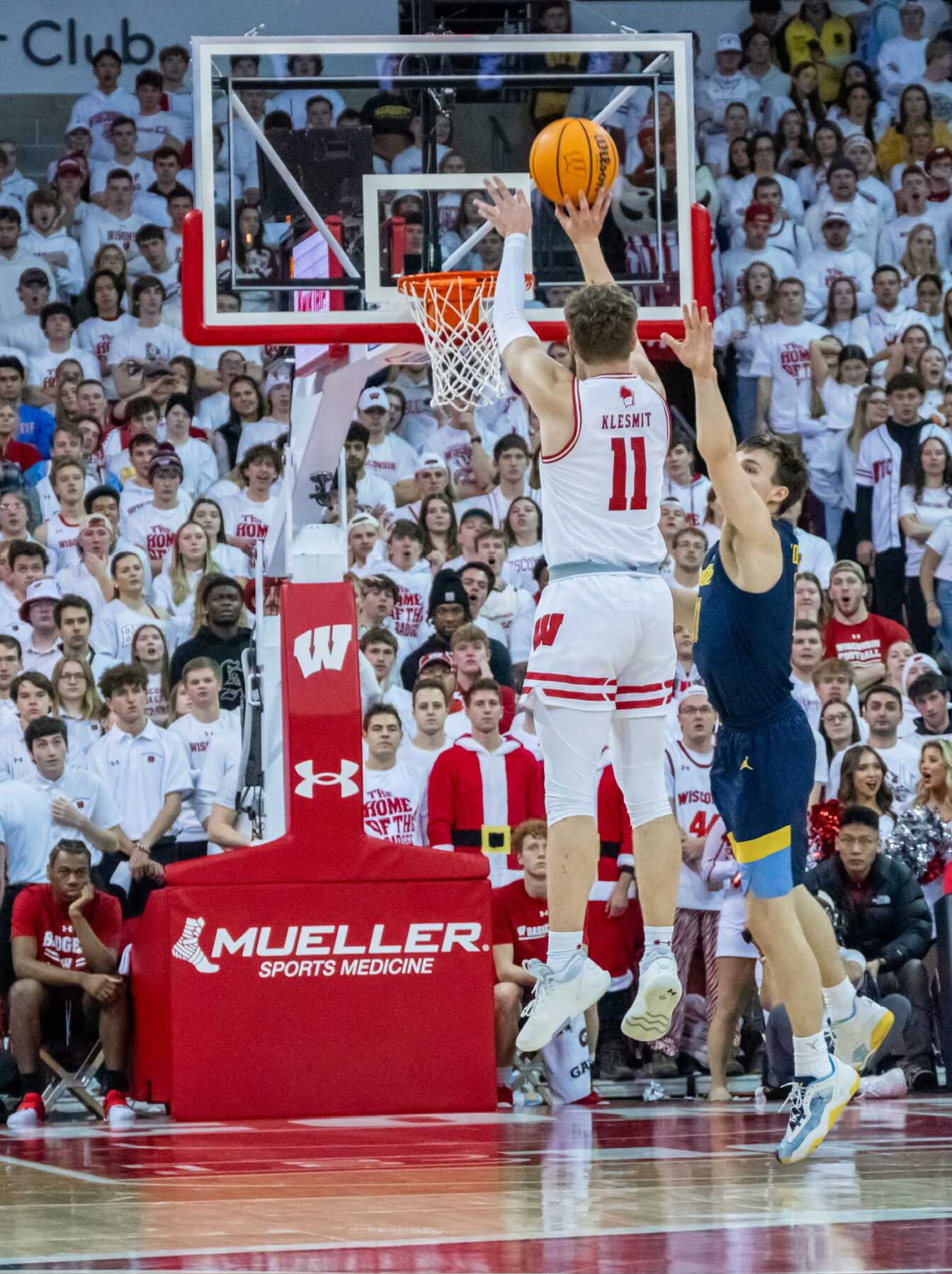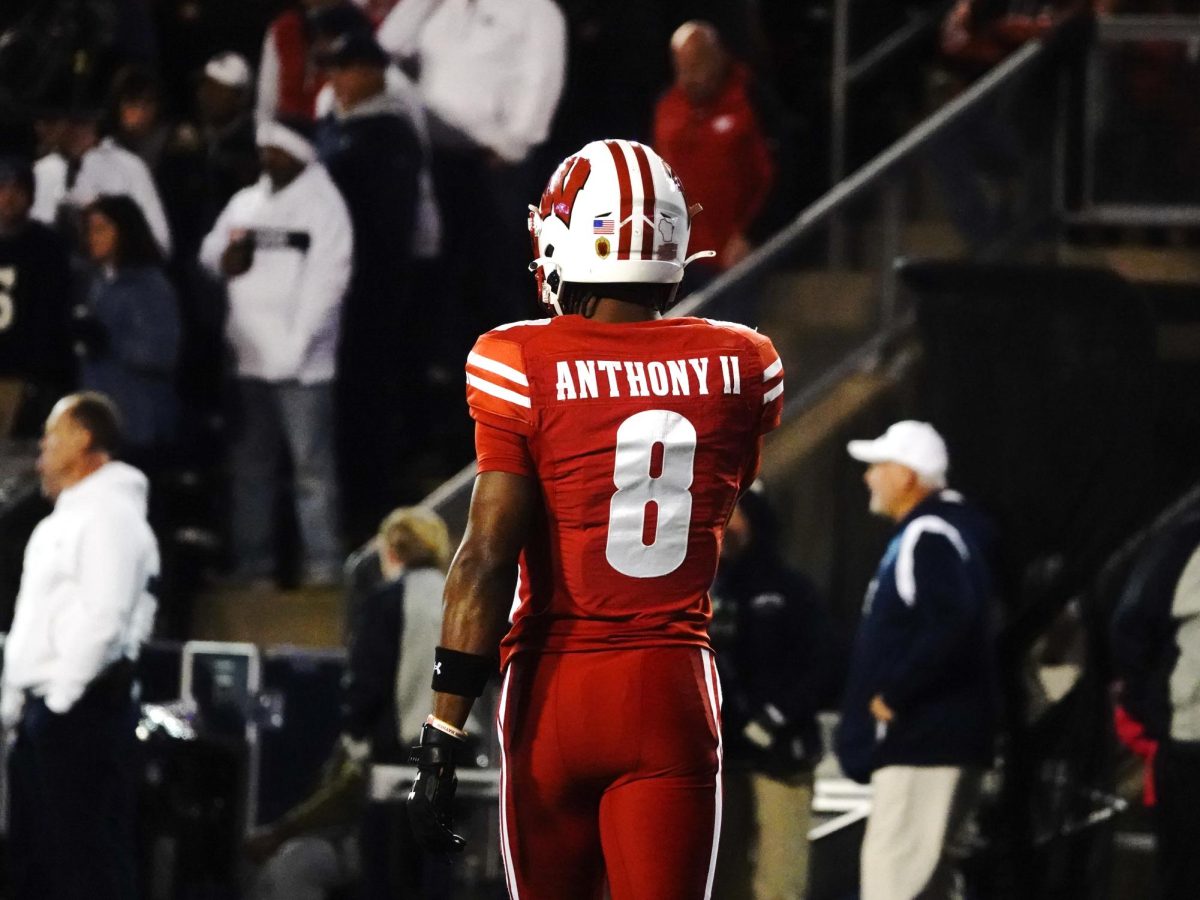The savior of whichever NFL team is lucky enough to have the worst record: Andrew Luck. Everybody’s favorite Badger: Russell Wilson. The unforeseen force behind the Baylor Bear’s big-play offense: Robert Griffin III (RG3). And the electrifying and inefficient Michigan quarterback: Denard Robinson.
The aforementioned stars of college football are just four of the names floating around in the latest weekly Heisman Trophy race predictions. Each warrants being included on the respective lists published by ESPN.com, SportsIllustrated.com, HeismanPundit.com and my own Heisman Hopefuls on this Gridiron Nation page.
But is the Heisman race really a race at all?
As it has been mentioned all year, the Heisman is Luck’s to lose. I never ran track or cross country, but as best I can tell, races don’t usually begin with one person having already been given the lead. And why should Luck be given such a great advantage to begin the season? Yes, he most certainly had a phenomenal year in 2010, passing for over 3,300 yards, 32 touchdowns and completing over 70 percent of his passes, but then why didn’t he win the Heisman last year?
I get the feeling that Luck’s NFL hype was the real driver in giving him such an advantage to begin the season. He would have gone No. 1 overall in the 2011 NFL Draft, just like he is projected to do so in 2012, but just because he is the top pro prospect coming out of college shouldn’t automatically hand him college football’s most prestigious award.
If the Heisman were about the potential of players headed for the next level, former Ohio State quarterback Troy Smith wouldn’t have even been considered for the award, let alone won it. Thus, the NFL hype Luck is receiving should play no part in whether or not he takes home the hardware.
It is unfair for the other players in college football to have to fight such an uphill battle against such great competition. While I may be a little biased due to the ever-circulating buzz of Russell Wilson here in Madison, I really do think that Wilson – up to this point – has had a better 2011 campaign than Luck.
Wilson has thrown for slightly more yards, a marginally higher completion percentage, one fewer interception and scored the same amount of total touchdowns. Very close numbers all around, except for Wilson’s passer rating, which leads the entire nation and Luck (182.3) with a 216.9 rating.
I would even argue that RG3 has had a better season than Luck, as well. Already passing for over 1,500 yards and 18 touchdowns to one interception is a blistering pace. And while Baylor hasn’t reached the toughest point of its schedule yet, the Bears have played a far superior slate of games than Luck and the Stanford Cardinal.
My next biggest beef with the Heisman Trophy is how little the voters who determine its recipient seem to vote for the player best described by the award: the most outstanding player in college football.
There are many outstanding football players in college football on offense and defense. Yes, defense too. But only once in the entire history of the Heisman Trophy, dating back to 1935, has a defensive player won the award – Michigan’s Charles Woodson.
The most recent example of a defensive player being overlooked is Detroit Lions’ star defensive tackle Ndamukong Suh, who finished fourth in the 2009 Heisman voting. Fourth! That is almost criminal. Suh had 12 sacks and over 50 tackles and was one of the most feared players in football for Nebraska that year. For him to finish behind three other players was ridiculous. Winner Mark Ingram, and runners up Kellen Moore and Toby Gerhart, all had great seasons, but Suh simply finished fourth because his side of the ball doesn’t score all the points.
This season, the “Honey Badger” from LSU, cornerback Tyrann Mathieu, has climbed into the top 10 of some Heisman polls – but don’t expect him to move up much higher, no matter how stellar his play is. Only a sophomore, Mathieu leads one of the most stifling defenses in college football’s recent memory, but unless he returns at least 15 turnovers for scores to keep a relative pace with Griffin’s passing touchdowns and Trent Richardson’s smashing ground game in Tuscaloosa, Mathieu won’t stand a chance on the stage in New York City.
One might be able to make the argument that offensive players are more deserving of the Heisman than defensive players, but what about the distinctions that lie even among offensive playmakers?
Dating back to 2000, nine quarterbacks and two running backs have won the award. I will be the first to agree that the quarterback is the most important position on the field, but why in many cases does that automatically mean the quarterback had the most outstanding season? I think the decision making by the quarterback can be rivaled by a star running back’s toughness to run the ball 30 times a game, continually getting pounded into the ground.
In 2004, former USC quarterback Matt Leinart won the Heisman over a former Oklahoma Sooner now more recognizable by his initials, AP. Adrian Peterson gained nearly 2,000 yards and 15 touchdowns on the ground, while Leinart passed for just over 3,300 yards and 33 touchdowns. When I think about the physical demands of the position, the 1,300-yard advantage Leinart held means almost nothing to me. Peterson should have run away with the award.
For a trophy as storied in history and tradition as the Heisman, I think the award would be better served if the voters would set their biases aside, not give anyone a head start at the beginning of the year and vote with integrity for the most outstanding player in college football.
Brett is a senior majoring in journalism. Think one position is more deserving of the Heisman than others? Let him know at [email protected] or on Twitter @basportz.













